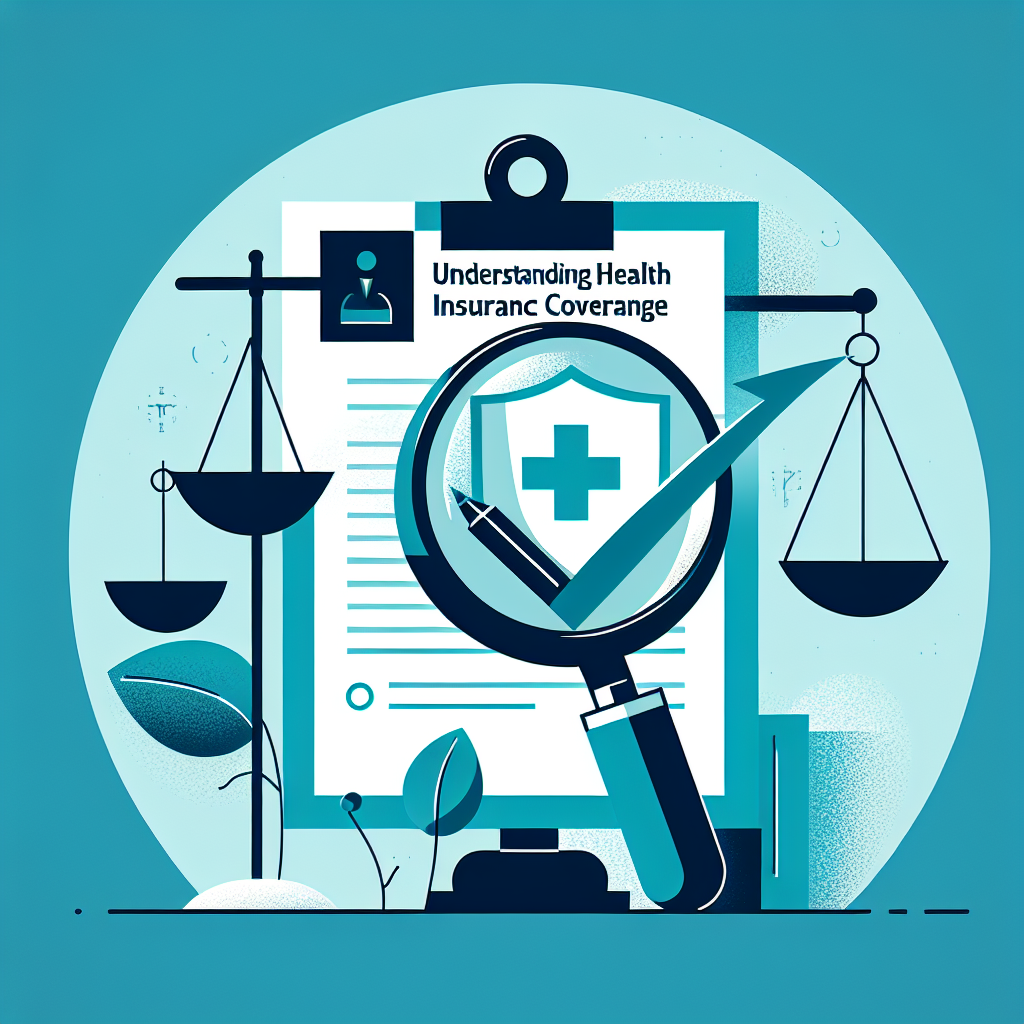Filed under Home Insurance on
Essential Home Insurance Coverage You Really Need

Home insurance is more than just a safeguard for your property; it's a critical element in protecting your financial future. Navigating the myriad options and understanding what essential home insurance coverage you really need can be overwhelming. As a savvy homeowner, aligning your insurance choices with your needs and market trends is crucial. This comprehensive guide highlights the core policies you should consider.
Understanding Home Insurance Essentials
The world of home insurance is layered with complexities. At its core, home insurance is a policy designed to offer financial protection against various risks, including damage to your home or personal belongings. However, not all policies are created equal, and understanding what constitutes essential home insurance coverage you really need can make a world of difference in terms of protection and peace of mind.
1. Dwelling Coverage
When considering essential home insurance coverage, dwelling coverage takes center stage. This component ensures that the physical structure of your home is insured against risks like fire, vandalism, and certain weather damages. It's vital to assess the replacement cost of your home to set adequate coverage limits, rather than just the market price, which may fluctuate.
2. Personal Property Protection
Personal property protection is another critical piece of the home insurance puzzle. This coverage protects the belongings within your home, such as furniture, electronics, and clothing. Consider creating an inventory of your personal items to determine their value and ensure your policy covers potential losses. Often, adding a rider for high-value items like jewelry or art can provide additional security.
3. Liability Coverage
Liability coverage offers protection against legal claims or lawsuits arising from injuries or damages that occur on your property. Experts advise opting for higher limits to fully protect your assets, especially if you often host guests or have risky items like a pool. This coverage is essential in reducing out-of-pocket expenses in unforeseen legal situations.
Additional Important Coverages
Beyond the core components, several other coverages can be vital additions to your home insurance policy. Depending on your location, lifestyle, and risk exposure, these coverages could provide essential protection against particular threats.
4. Flood Insurance
While standard policies generally exclude flood damage, purchasing separate flood insurance can be indispensable, especially in flood-prone areas. The National Flood Insurance Program (NFIP) offers subsidized flood insurance, providing homeowners with a critical financial safety net.
5. Earthquake Insurance
Much like flood insurance, earthquake insurance is often excluded but necessary in certain regions. States like California and Alaska are particularly susceptible to seismic activity, making earthquake insurance a prudent choice for residents. This coverage typically includes structural repairs and can also cover personal belongings damaged by tremors.
6. Loss of Use Coverage
This coverage assists with additional living expenses incurred if your home becomes uninhabitable due to covered damages. It includes costs for temporary housing, meals, and transportation, offering financial relief and ensuring convenience during difficult transitions.
Market Trends and Considerations
Staying informed about industry trends can help tailor your insurance policy to potential emerging risks and opportunities. Over recent years, the insurance market has evolved, reflecting changes in climate events, economic conditions, and consumer expectations.
7. Impact of Climate Change
Climate change has led to an increase in natural disasters, raising the importance of comprehensive coverage options. Areas previously considered low-risk are now facing rising threats, prompting homeowners to reassess their coverage needs. Customizing your insurance policy to anticipate future environmental changes is becoming a crucial strategy.
8. Smart Home Integration
Integrating smart technology in homes is leading insurers to offer incentives, such as discounts or additional coverage options. Devices like smoke detectors, security systems, and leak sensors can reduce the likelihood of claims, allowing homeowners to benefit from enhanced protection and reduced premiums.
9. Insurance Bundling Trends
Insurance companies are increasingly offering bundle packages to consumers. Combining home, auto, and even life insurance under one policy can lead to savings and simplified management. This trend presents an attractive option for securing essential home insurance coverage you really need, while optimizing cost efficiency.
Expert Opinions and Advice
Consulting industry experts can offer valuable insights into selecting the right policy. They stress the importance of periodic evaluations of your insurance needs, especially after major life changes like renovations, the acquisition of valuables, or transitioning to remote work.
10. Regular Policy Reviews
Conducting annual policy reviews ensures your coverage remains aligned with your current circumstances and market trends. Consulting with an insurance advisor can help identify gaps or overlaps in coverage, allowing for adjustments that better protect your assets while maintaining cost-effectiveness.
11. Customizing Deductibles
Adjusting your deductibles based on risk tolerance can have a substantial impact on your premiums. A higher deductible usually translates to lower monthly premiums, beneficial for high-risk areas. However, it’s essential to balance this with your ability to cover out-of-pocket expenses during claims.
Conclusion
Determining the essential home insurance coverage you really need involves a careful balance of assessing risks, understanding policy options, and staying informed about industry trends. By focusing on comprehensive protection from common hazards and exploring additional specialized coverages, homeowners can build a robust safety net. Regular policy evaluations and expert consultations can refine these strategies, ensuring peace of mind and financial security.





